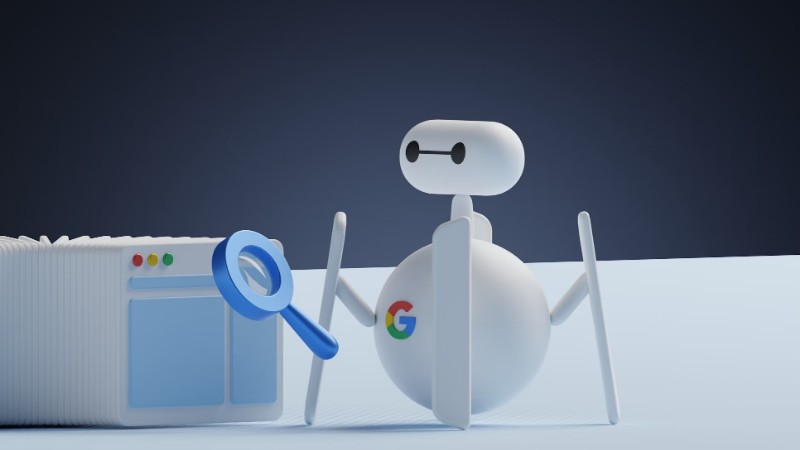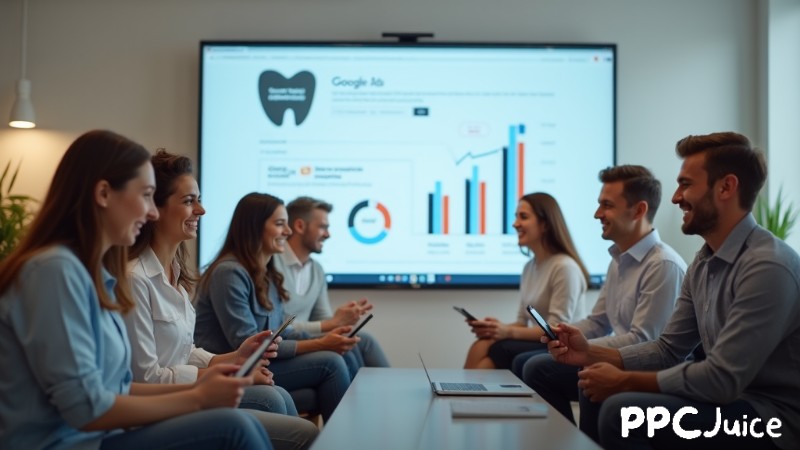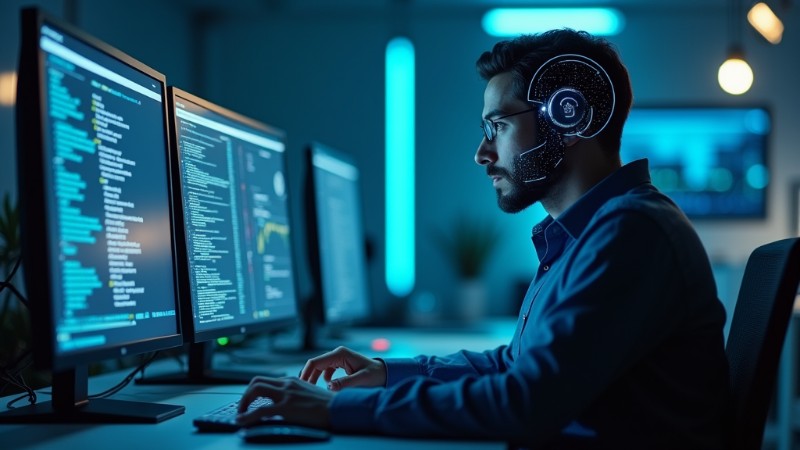
Artificial intelligence is rapidly transforming how businesses use Google Ads, helping turn rising costs into stronger returns through smarter, more targeted campaigns. While cost-per-click (CPC) has climbed nearly 13% this year, many advertisers are seeing better conversion rates, largely driven by the growing role of AI and automation in campaign optimization.
To stay competitive, businesses are pairing these AI-driven tools with the strategic oversight of experienced campaign managers. This combination of automation and human insight is proving essential, not just for driving clicks but for achieving meaningful, measurable results in an increasingly complex digital landscape.
AI Max boosts campaigns
Google’s continued investment in AI tools is playing a central role in this shift. The company recently introduced AI Max, a new feature set designed to supercharge Search campaigns. By analyzing ad content, landing pages, and user behavior, AI Max helps advertisers discover untapped search queries and deliver more relevant ads. Certified Google Ads experts report that campaigns using AI Max are seeing up to 27% more conversions, especially when transitioning from exact match strategies to broader targeting.
Major brands like L’Oréal and MyConnect have already seen measurable improvements in performance and lower costs after integrating AI Max into their search campaigns. Features like dynamic asset generation, real-time optimization, and URL expansion allow advertisers to reach new audiences without compromising on control or transparency.
Balancing cost and performance
At the same time, industry-wide data shows a clear trend: while 87% of sectors saw CPC increases, 65% achieved better conversion rates. That balance highlights how AI, when managed by a skilled Google Ads specialist, can deliver high ROI even amid higher ad costs.
From smart bidding and dynamic search ads to responsive creatives and remarketing, AI is becoming essential for navigating a competitive digital market. Still, human insight remains vital. AI tools support decision-making, but strategy, creativity, and context come from marketers.

